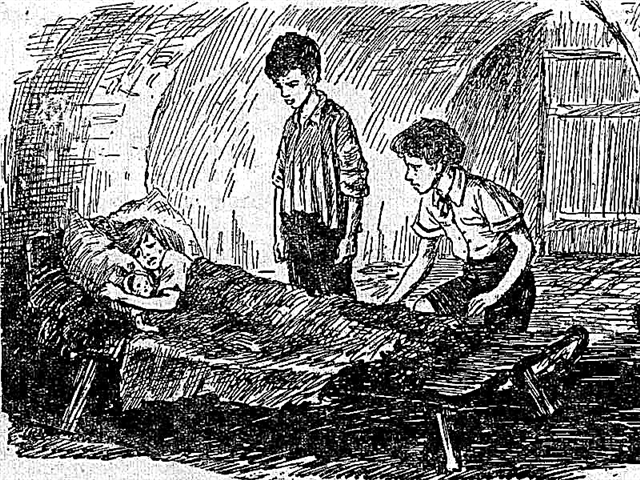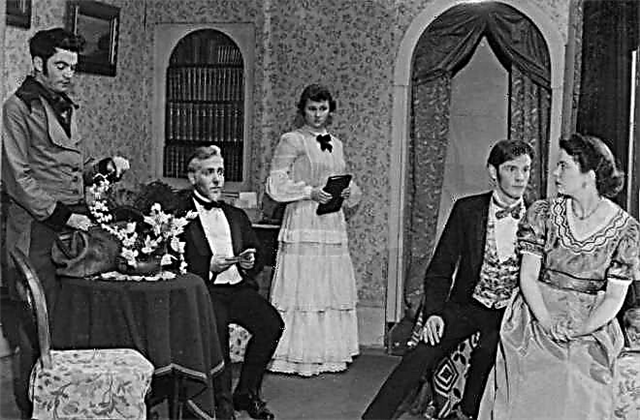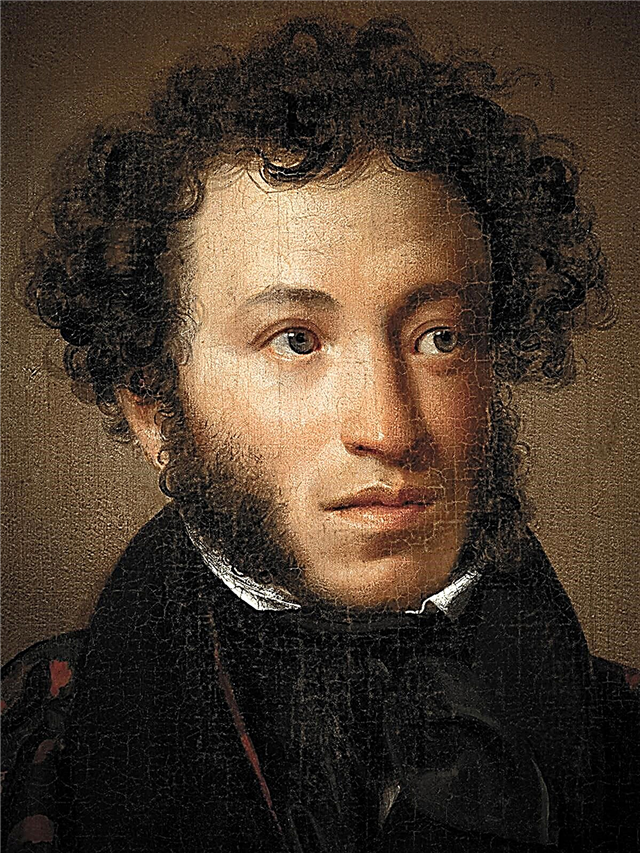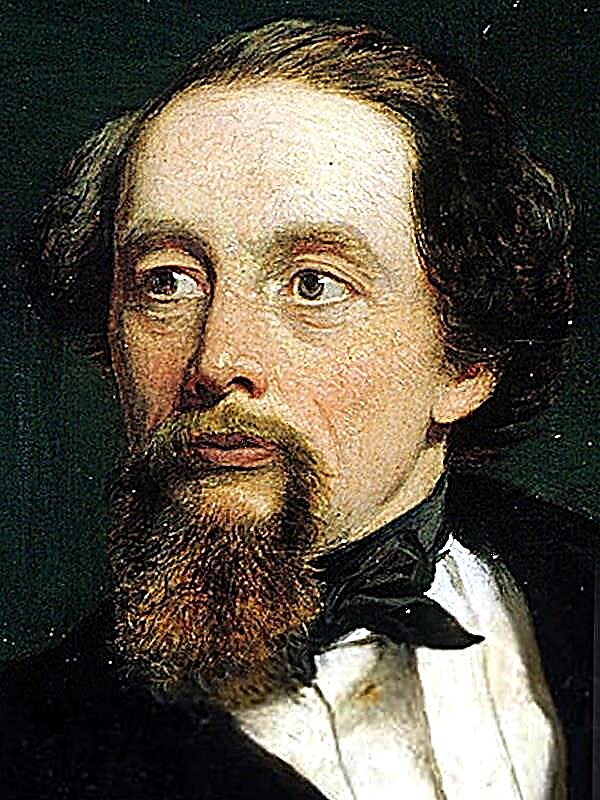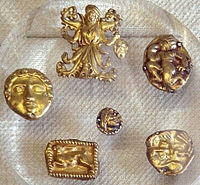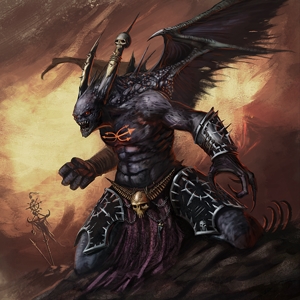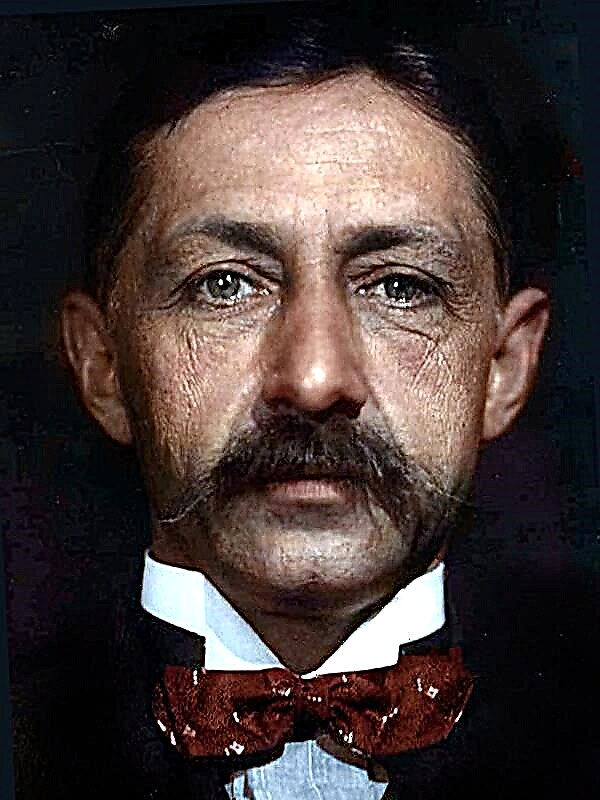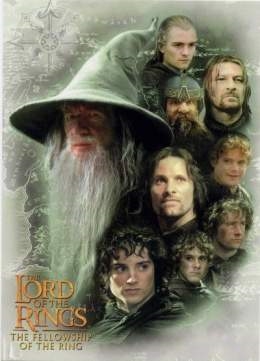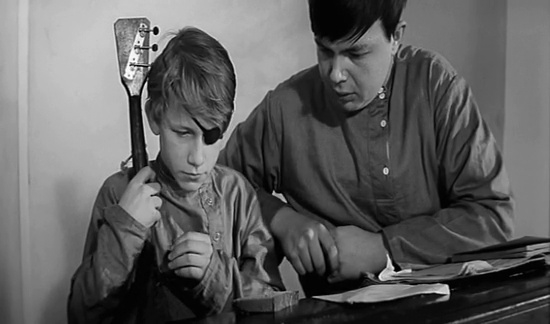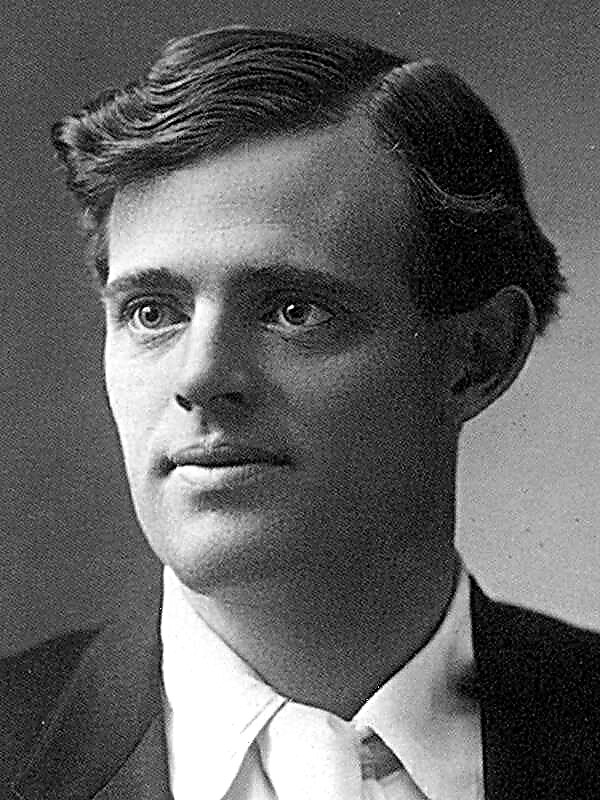(328 words) I believe that the novel by I.S. Turgenev's “Fathers and Sons” is a landmark work for all time. The novel is based on a conflict of two generations: fathers and children. The main problem that the characters face is an absolute misunderstanding between the elders and the young. “Children” refuse to recognize the conservative views of their parents, and “fathers”, in turn, consider nonsense any new youth trends.
The protagonist of the novel is Yevgeny Bazarov, a friend of Arkady Kirsanov, a future doctor and part-time nihilist. We can say that he is quite an interesting person: purposeful, uncompromising, does not let you push around and can be absolutely adamant if he considers it necessary. He denies almost all the views and opinions of the older generation, which is why it is harsh in his judgments. Kirsanov Pavel Petrovich - an aristocrat and nobleman in the English manner, lives according to the “principles” and even once released the following remark: “... aristocracy is a principle, and without immorality only immoral or empty people can live in our time.” Eugene and Pavel Petrovich from the very first meeting felt aversion to each other, all conversations ended in quarrels. Being the initiator of the discord in the house, Bazarov touched the feelings of the conservative owner with his views and stinging statements, and a verbal skirmish began. The image of Eugene is very vivid, he firmly rests on his convictions, in all disputes he practically criticizes every word of his opponent, categorically not wanting to give in to anything. We can say that this was the hero’s mistake. By his assertiveness and desire to prove the case, he showed disrespect for the older generation, he refused to listen to other people's arguments, placing his above all. At the same time, the young doctor is striving for something more in life, and Kirsanov lives in the past, which he could not let go. Therefore, Bazarov is really in many ways right.
The novel “Fathers and Sons” reflects the problems of two generations that were relevant in the nineteenth century and remain so in the twenty-first. This work is required to be read by both children and their parents; it can teach the younger generation to communicate with the older and vice versa. It is worth reading and taking seriously what idea the author put into it so that the problem of “fathers and children” does not separate subsequent generations.

